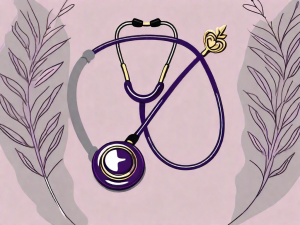Advancements in Breast Cancer Trials: A Comprehensive Overview
Breast cancer trials have made significant strides in improving patient outcomes and advancing treatment options. This comprehensive overview dives into the biology of breast cancer, charting the evolution from early trial approaches to modern techniques like targeted therapies and immunotherapy. With an emphasis on the impact of recent advancements, such as novel











